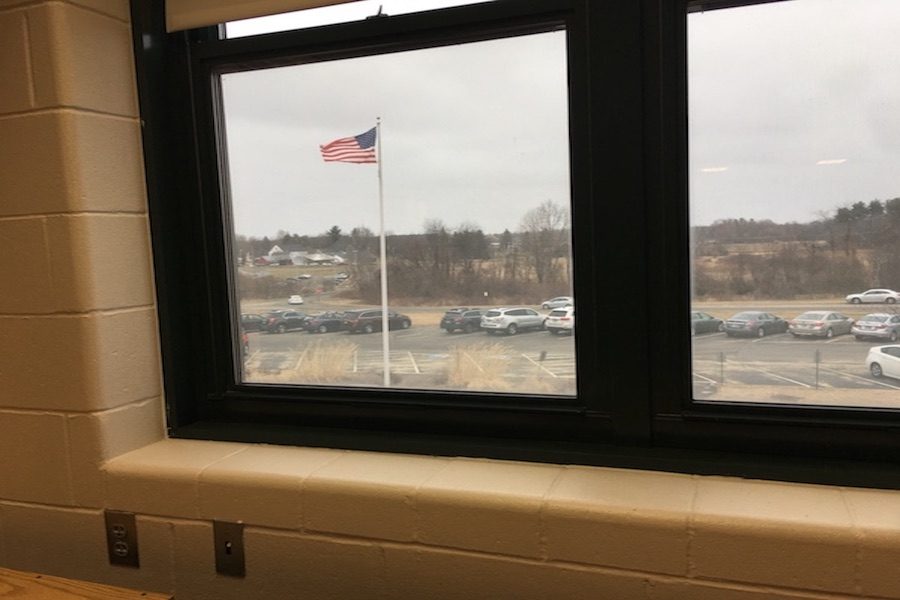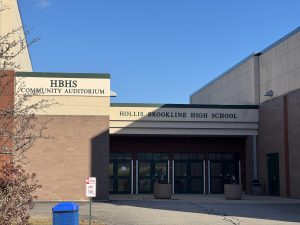Voices Heard
HBHS’s American flag flies in the front of the school. The flag stands for freedom, representation, and equality for all who pledge to it. Geraldine Ferraro, the first woman to be nominated to run for Vice President representing a major political party during her campaign said, “By choosing a woman to run for your nation’s second highest office, you send a powerful signal to all Americans. There are no doors we cannot unlock. We will place no limits on achievement.”
March 22, 2018
After a year of political chaos, sexual harassment and protests, a record amount of women are ready to make their voices heard in local and federal government. The uprising of empowered women running for office comes when conflicts between American communities are high, following many crude and sexist remarks from the Trump administration.
Rutgers Eagleton Institute of Politics found that only 19.6 percent of all United States Congress seats are occupied by female senators and representatives. The 2010 Federal Census found that 50.8 percent of the United States population are women, but less than 20 percent in Congress are directly impacted by issues regarding their health, their rights, and the overall representation of women. Movements such as the Women’s March and SheShouldRun.org are looking to change that.
These movements are non-profit organizations that have encouraged women from all backgrounds to fight for what they believe in at the state and national government level. The New York Daily News reports over 500 women are registered to run for office in the November midterms, but it is expected that these record-breaking numbers will rise even more as we near another election season. “It is incredible to have a strong female role model in government. It proves to the next generation [that] they can achieve their goals.” said Sophia Kotelly ‘20. The Women’s March motto this year is “power to the polls,” and due to the amount of women running for political office, power to the polls they indeed shall bring.
Interviewees held mixed opinions about the fact that only 19.6 percent of women hold congress seats.“More men are in government than women because more men want to be in government” said Sal Fabbio ‘20. The lack of women in government made students like Josie Farwell ‘20 react by saying, “That makes me feel like government is behind the times.” The overall feeling at HBHS is that the escalation in women wanting to serve political office is an encouraging movement for female representation in government.
Representation in the United States is what we are founded on. It’s why we hold elections every two years, have news networks broadcast House and Senate votes, and have government representatives from each state. When less than 20 percent of the majority of the population are voting on laws affecting them, there’s an issue. Will 2018 be the remedy for this predicament?













